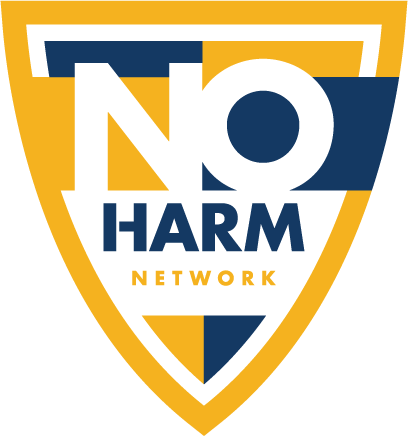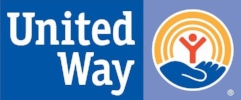Recognizing National Hispanic Heritage Month
/Written By: Vivian Valles, NFNL Youth Case Manager
National Hispanic Heritage Month is a very joyous and celebratory time for individuals of Latino/Hispanic ethnic origins. Originating in the U.S. in 1968, it was first recognized as a week-long celebration under President Lyndon Johnson then became a month-long holiday during Ronald Reagan’s Presidency term in 1988. This was a time for allowing recognition of the Latino culture such as the food, music, dances, artwork, clothing, traditions, and more! This holiday is celebrated by hosting festivals, art shows, conferences, and community gatherings to speak more about what traditions are sacred and valued within this ethnic population. Some of the most honored traditions include “Las Posadas”, which is to remember the story of Mary, Joseph, and the birth of Jesus, “La Quinceanera” where a young girl celebrates her 15th birthday and becoming a young woman, and “Dia de los Muertos”, where family members who have passed on can be remembered and honored. September also recognizes the Independence Day for Costa Rica, El Salvador, Guatemala, Honduras, and Nicaragua on September 15th, Mexico on September 16th, and Chile on September 18th.”
Growing up in this culture has really made an impact into the person that I am today, the values I hold near and dear to my heart, as well as the way I view raising my own future children. Even though this holiday is only celebrated one month nationally, it is lived every day through me and the rest of the Latino/Hispanic individuals nationwide. I am extremely proud to be able to call myself a Latin American woman.
Since working here at New Friends New Life, where we have added more bilingual staff members such as myself throughout the years, there has been a significant increase in the number of Hispanic individuals we serve. 75% of the teen girls we serve in the Youth Resource Center are Black or Hispanic/Latina. In the cultural aspect of the Hispanic community, it is not uncommon for the daughters of Hispanic homes to take on more responsibility in the household such as chores and assisting with raising of their other siblings. This can then progress into beginning to act and think more like an adult instead of having the mindset of a young teenage girl.
With the resources we have to offer both the youth girls and their families we have been able to provide psychoeducation and caregiver support in learning more about their family systems, attachment styles, and how to integrate these learned techniques to adhere to a more positive and healthy relationship for the entire family. We as an agency have learned that to transform the lives of the teen girls, we must also serve their caregivers. Since implementing these new strategies in case management, group therapy, and individual therapy, I have seen a significant change in the way this has positively influenced the girls and their families in how they interact and begin to understand one another. My hope is that we at New Friends New Life will continue to serve more Latino/Hispanic individuals and help them create better futures for themselves despite the barriers that they often face.









